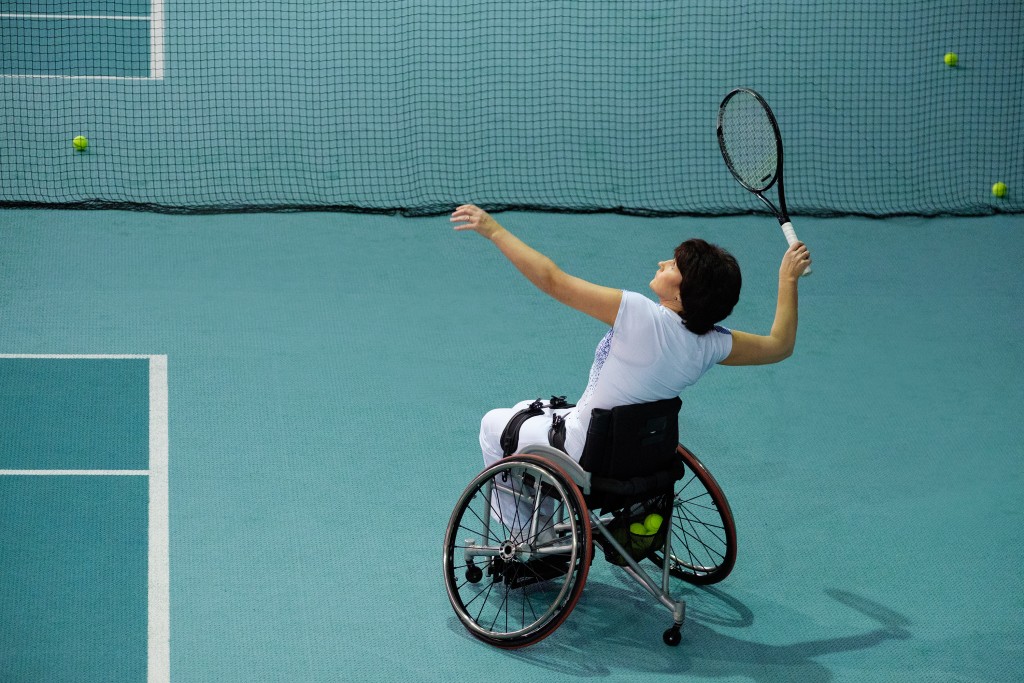Disability comes in several forms — physical, intellectual, cognitive, or mental. There are different ways one might become disabled. It may be congenital or a result of an accident. Some are mild enough to let them go through their daily lives with relative ease. Some are worse than others and require help from friends and famil
Being disabled will never be easy. But between being born with a disability and getting involved in an accident resulting in disability, the former might be harder to deal with. This is because there are some things you are used to that you can no longer do. If you are a motorcycle enthusiast who got in an accident and became paralyzed, you won’t be able to ride your motorcycle temporarily or permanently. You won’t be able to run or walk, and you will have to rely on prostheses, crutches, or a folding-type wheelchair to be able to move around.
This is why some people think being disabled is the end of the line. But it’s not. Sure, you may not be able to perform day to day activities like you used to. But this does not mean you can’t do them altogether.
Paralympics, a sports event for athletes with disabilities, is redefining the way people look at those with disabilities. It also changes the perception of the disabled person at himself. An individual with a disability may downplay the role they play in their family and community. But with Paralympics providing a whole new way of looking at these marginalized people, more disabled people are feeling less restricted by their own incapacities.
How do sports empower people with disability?
- Inclusion – Paralympics promote inclusiveness. PWDs have been marginalized for a really long time. Joining recreational activities can help these individuals feel that they, too, matter. It helps them feel a sense of belongingness and that they can achieve great things too. Aside from that, it also raises the awareness and consciousness of the general public about PWDs and promotes the development of empathy towards them.
- Mental health – Some PWDs may feel despair and fall into depression. These competitions provide them an avenue to interact and mingle with people who are exactly in the same boat as them. It also helps them become more sociable and have a community outside their family.
- Rehabilitation – Practicing and competing in sports is always a good form of rehabilitation whether it is for recovering addicts, or for PWDs. From mental to physical rehabilitation, sports can help develop and boost their self-esteem, friendly competitiveness, and overall physical well-being.

What are the sports PWDs can get into?
There are many sports that can be played by PWDs. Most of these games have rules that are the same as traditional sports. Others are tailored to cater to the special needs of the PWDs.
- Wheelchair Basketball – Like regular basketball, wheelchair basketball is also one of the most common parasports. The only difference is that it is played by PWDs seated in a wheelchair. Rules are mostly the same too, except for traveling.
- Wheelchair Tennis – For this sport, the court, racket, and tennis balls used are exactly the same as regular lawn tennis. However, since the court is huge, players use a special wheelchair that will allow them to move around with ease. Two touches on the ground are also accepted as long as the first bounce lands inside.
- Sitting Volleyball – Since players are seated in this type of sport, the court used for sitting volleyball is smaller and the net is set lower. This game is commonly played by athletes who have spinal cord injuries, amputated lower body parts, or brain injuries. Athletes’ pelvis must be touching the ground always unless they are making a defensive play in the back or front zones.
- Wheelchair fencing – This is basically the same as regular fencing but with athletes using a specially designed wheelchair. It has identical rules and scoring system as the regular version of this sport. Women can compete in two categories — foil and épée. On the other hand, men are able to compete in three categories — sabre, foil, and épée.
- Paratriathlon – Most people think only those with complete limbs can compete in this sport. But even PWDs can join too. It is very much like the conventional triathlon consisting of the run, bike, and swim events. Competing athletes are classified into six different categories depending on the disability they have.
Parasports, or disabled sports, has definitely changed the way we see and treat PWDs. It has also opened a new community for these individuals who may feel secluded from the rest of society. Disabled individuals are still very much capable like everyone else and they are no different from other athletes competing in different traditional sports.
